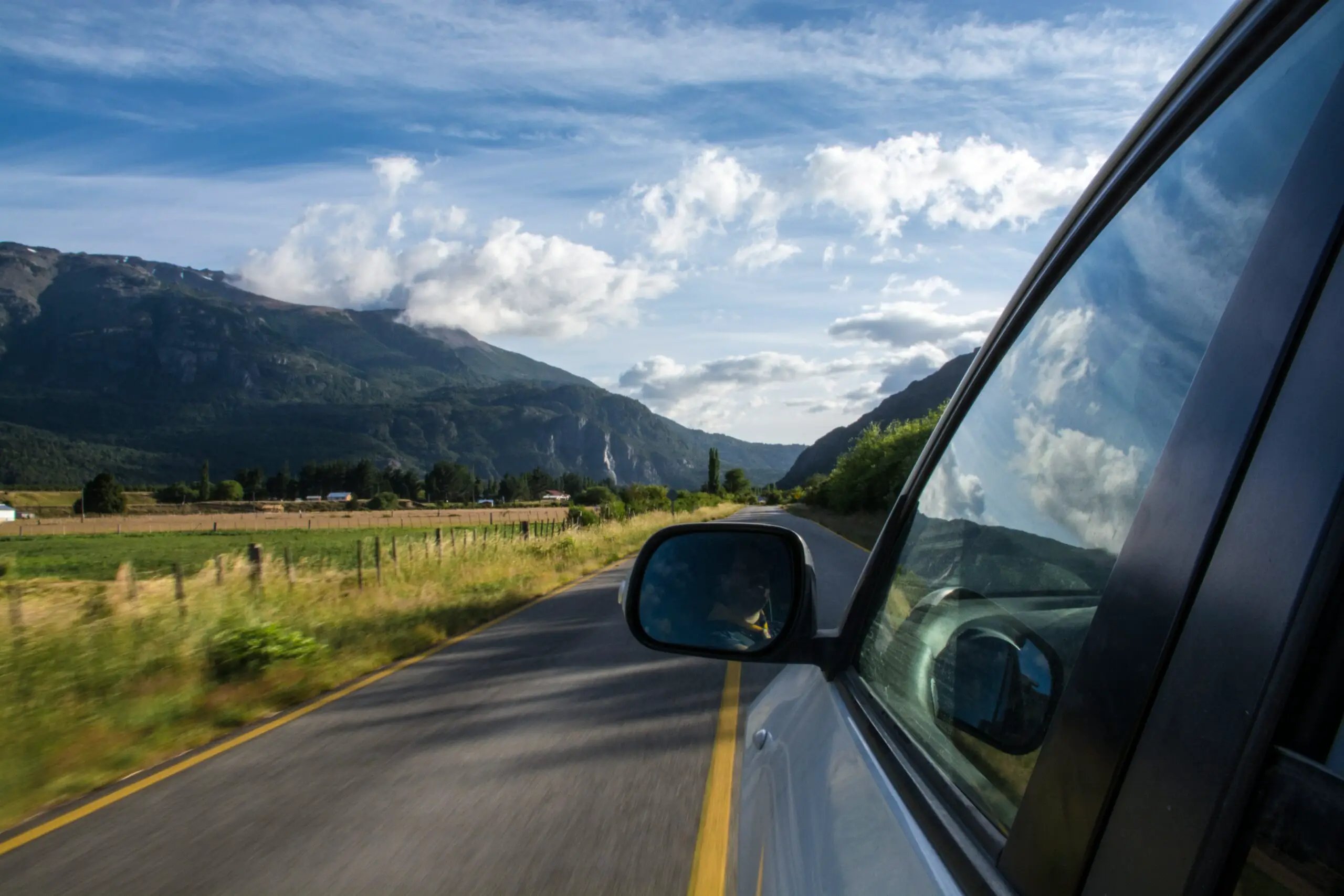There’s almost nothing more exciting than taking to the open road. However, some days are more dangerous for drivers (and passengers) than others.
The absolute worst days to travel by car are Saturday and Friday. Major holidays (such as Thanksgiving and Christmas) can also pose risks to drivers and result in heavy-traffic situations. If possible, avoid driving on New Year’s Eve and July 4th as well.
If you’re curious about which days to avoid being on the road, you’ve come to the right place. This article will provide the information you need to stay safe on the road and avoid frustrating bouts of heavy traffic.
1. Any Saturday of the Year
While national holidays often generate tons of traffic, the worst day to travel by car is pretty much any Saturday.
According to the National Highway Traffic Safety Administration (NHTSA), the highest number of fatal car accidents occur on Saturday evenings between 9 pm and 12 am.
The reason behind this trend is pretty straightforward. Most people who work standard nine-to-five jobs from Monday to Friday typically have the weekend off. They use this free time to drop by restaurants, bars, and local entertainment venues.
Consequently, the number of people on the road on Saturday evening is typically higher than at any other point throughout the week.
If you’re planning on driving on a Saturday night, it’s best to avoid nightlife areas and bars.
But suppose you intend to go out drinking with friends or colleagues on a Saturday. In that case, you’ll want to schedule a rideshare service beforehand or have a designated driver as part of your group to ensure you make it home safely.
2. Thursday (Afternoon and Evening)
Besides Saturday, Thursday might be one of the worst days to travel by car. In fact, the highest number of car crashes resulting in injuries occur on Thursdays between 3 pm and 6 pm.
Friday afternoons and evenings are almost as dangerous for similar reasons. Most people head home from work during the time between 3 pm to 6 pm. As a result, the number of drivers on the road increases dramatically during that time.
But why is Thursday more dangerous than Friday? The answer might be work fatigue.
While the average employed person feels relieved upon leaving work on Friday, knowing that a restful weekend awaits them, Thursday is an entirely different beast. There’s still another business day awaiting, and stress levels can be high then.
If a person’s job is particularly toxic and they’ve been unable to get plenty of sleep throughout the week, they may be at their most exhausted on Thursday. According to the National Safety Council, you’re about three times more likely to end up in a car crash if you’re fatigued.
3. The Day Before Thanksgiving
The day before Thanksgiving is one of the most traffic-heavy days of the year, making it among the worst days to travel by car.
In 2022, the American Automobile Association (AAA) estimated that more than 54 million Americans drive to visit family and friends for Thanksgiving. For perspective, that’s almost 16% of the total population as of that year!
4. The Day Before Christmas Eve

Like Thanksgiving, Christmas is a holiday that typically has distant friends and relatives coming together to celebrate. While this tradition is a great way to reconnect with loved ones, it can generate a ton of traffic on the road.
Each year, more than 80 million Americans travel for the Christmas holiday.
Suppose you’re planning on traveling for Christmas. In that case, you’ll want to avoid traveling the day before Christmas Eve (December 23rd) and stay off the road until several days after Christmas (December 28th and onward).
Otherwise, you could find yourself in deadlocked interstate traffic, crawling along the asphalt at a snail’s pace.
5. New Year’s Eve
One of the most common holidays associated with alcohol consumption is New Year’s Eve. This makes New Year’s Eve a dangerous time to drive, especially after nightfall. There are more drunk driving accidents on New Year’s Day than on any other day.
Intoxicated partygoers may feel confident enough to drive themselves home, resulting in preventable car accidents. So, avoid traveling anywhere by car between 5 pm New Year’s Eve and January 2nd.
6. US Independence Day
The Fourth of July (Independence Day in the US) is a time for celebration, with many people meeting up with friends and family to shoot fireworks, enjoy grilled meals, and drink together.
The combination of these pastimes makes Independence Day a risky day to be on the road. In addition to the higher-than-average number of drunk drivers, fireworks distract drivers, potentially increasing the likelihood of getting into an accident.
Distracted driving is one of the most common causes of car crashes in the US, so it’s essential to exercise caution when driving on the Fourth of July.
7. Labor Day Weekend
Labor Day Weekend is a three-day holiday that marks the end of summer. As such, many people in the US consider this weekend a final opportunity to catch some sunshine and enjoy the warm weather.
Because many people have Labor Day off from work (and the following two days), two-day vacations during this time are common. As a result, traffic can be punishing for drivers who take to the road on Labor Day Weekend, especially those driving on the interstate.
The celebratory nature of this weekend also results in drunk driving accidents. Approximately 450 people lose their lives while driving around on Labor Day Weekend, making it one of the worst days to travel by car.
8. Halloween Night
Traveling even short distances on Halloween night (October 31st) can be frustrating, as many people are out and about celebrating the holiday.
This means late afternoon and evening traffic tends to be heavier than average. This can result in long waits in the car, even when just driving to a nearby neighborhood or event.
The high number of trick-or-treaters also poses a risk to drivers, as unsupervised children may run across the road without looking both ways. Therefore, it’s crucial to take extra care when driving through suburban areas on Halloween night.
Parties are also common on Halloween night, and it’s common for college-aged youth to binge drink at these parties. As with other major holidays that typically involve alcohol consumption, driving during this time is risky.
Sources
- National Highway Traffic Safety Administration: Traffic Safety Facts Annual Report Tables
- American Addiction Centers: Using a Designated Driver
- National Safety Council: Drivers are Falling Asleep Behind the Wheel
- American Automobile Association: Thanksgiving Travel Ticks Up, Just Shy of Pre-Pandemic Levels
- ABC News: Nearly 85 million Americans expected to travel for Christmas
- Liljegren Law Group: New Year’s Drunk Driving Accident Statistics and Trends
- Centers for Disease Control and Prevention: Distracted Driving
- National Safety Council: Labor Day 2022 Motor Vehicle Fatality Estimates
- The Recovery Village: Halloween Drinking Statistics



